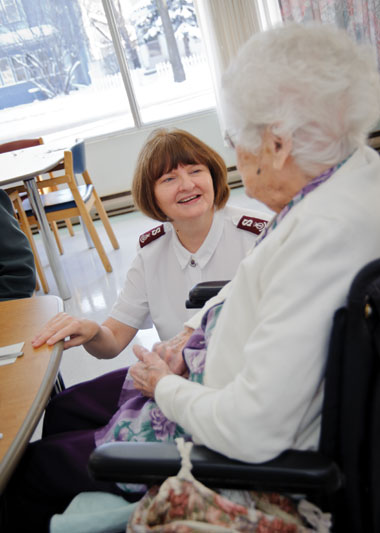 A drug addict, with nowhere to turn, is given new hope and a second chance to turn his life around. A convict behind bars, alone and friendless, is provided information on a long-lost relative. A hospice patient with a terminal disease is given hope and friendship during her final days.
A drug addict, with nowhere to turn, is given new hope and a second chance to turn his life around. A convict behind bars, alone and friendless, is provided information on a long-lost relative. A hospice patient with a terminal disease is given hope and friendship during her final days.
What do these people all have in common? The care of Salvation Army chaplains.
No Second Chance
What is the difference between a corps officer and a chaplain? For the most part, a corps officer ministers within the circle of a congregation—a known group of people with whom he builds a continuous relationship.
Chaplains, on the other hand, deal with those outside of the walls of a church, with people who may have little or no experience of God and religion. They accept the people they encounter as they are, with no conditions, judgments or requirements.
“Chaplaincy, more often than not, is a one-off,” says Gloria Woodland, a territorial social services consultant. “While a congregation is with you for the long haul, a chaplain may get one shot at making a difference, be it in an ER, a prison or a women's shelter. And they may never get a second chance.”
A Heart for Ministry
In an unofficial capacity, chaplaincy services have been a part of The Salvation Army since its foundation. “It was an outcome of ministry and mission,” says Woodland. In a more official fashion, the establishment of a trained group of Salvation Army chaplains dates back to the Second World War and the attempt to meet the needs of Canada's land, sea and air forces. “As chaplaincy developed as a professional discipline in the public sector, so it has also grown and developed within The Salvation Army,” she says.
There are as many different types of chaplaincy as there are life situations or human needs. Salvation Army chaplains can be found ministering to inmates in correctional facilities, and counselling patients and their families in long-term-care institutions, hospices and acute-care hospitals from coast to coast. They care for single mothers and their children in shelters and safe houses, and provide support to college and university students. Chaplains are a beacon of hope to new immigrants and a source of solace to Canadian soldiers, sailors and airmen.
Currently, there are between 140 and 150 chaplains in the Canada and Bermuda Territory. Two thirds of those are officers while the remaining third are lay employees.
Chaplains go through a six-month training/mentoring program while on the job and are required to have formal education as well. For instance, Booth University College offers a certificate in chaplaincy and a number of universities across the country offer seminary-level chaplaincy programs. For those serving in hospitals, Army chaplains, whether officers or lay, are expected to have studied in programs recognized by the Canadian Association for Pastoral Practice and Education (CAPPE).
“Chaplaincy is a professional discipline, recognized in the public sector with a corresponding job description, so there's a basic criteria that any prospective candidate has to meet,” says Woodland. “But, just as importantly, we look at people's spiritual giftings, their heart for ministry and where their passion lies.”
Where the Rubber Meets the Road
All chaplains are trained to assist individuals to identify, affirm and use their own spiritual and religious beliefs to support and sustain them when they are going through times of crisis, need or recovery.
“That's what Salvation Army chaplains are about,” says Woodland, “meeting that practical need. I really believe that chaplaincy in The Salvation Army is an incarnational ministry. Salvation Army chaplains represent the presentation and the practice of our mission statement. They're sharing the love of Jesus Christ, meeting practical, human needs and are a transforming influence in our communities.”
Major Wavey Birt, a newly appointed chaplain at Toronto's Maxwell Meighen Centre, had been a corps officer for a number of years.
In a corps, she says, there are people of like mind who have a good sense that God is among them. They've come into that building for a reason.
“When someone is in an institution or a shelter or they've been brought by the police in the middle of the night because their husband's abused them, it's a whole different field of ministry,” she explains. “It's the same gospel, but what we're doing is trying to show that God is present and active in that situation. If, in the process, we can demonstrate Jesus Christ and what we believe, then this becomes an evangelical outreach. It then becomes our mission to share the love of Jesus. And when that happens, it is simply awesome.
“This is where the rubber meets the road,” says Major Birt, “and I wouldn't want to be anywhere else.”
The Listener
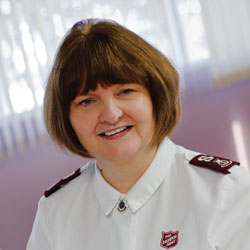
“I thought I was a pastor with a pastor's heart,” says Major Sharon McDonough, the chaplain responsible for spiritual care at the Dinsdale Personal Care Home in Brandon, Man. But then she was asked to fill a chaplaincy vacancy.
“It was only supposed to be for six months,” she smiles. “But the first day that I walked in, I looked around and I thought, I'm home. This is where I belong.”
Every morning, Major McDonough visits the dining room, going from table to table and talking to as many of the 60 clients as she can.
“That's the highlight of my day,” she says. “Some people are not as talkative as others, but the residents tell me they love when I come around.
“You need to have a non-judgmental attitude, recognizing that people come from different backgrounds and different faiths. You have to be able to work with people, love them and not judge them.
“I realized that being a chaplain was what I had always been. Here, I have to build relationships; that's what a chaplain does: meeting needs, being the presence of Christ and accepting people for who they are.”
Recently, one of the residents told her, “I'm really glad you are here. You listen.”
“That meant so much,” Major McDonough says. “For so long, I felt I wasn't doing what I should be doing, that something was lacking. Now, I know God's using me, and that's what I've always wanted.”
The Sounding Board
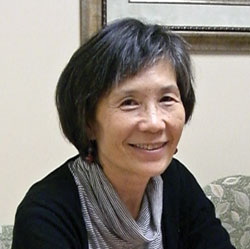
“By hearing their stories, I'm able to bring out the strength in each person's life,” says Catherine Hoy, the spiritual care practitioner at Kate Booth House, a woman's shelter in British Columbia. A former human-resources facilitator who has a masters in chaplaincy from Trinity Western University, Hoy uses her skills to provide support in the face of anguish. “I'm there as a sounding board,” she says.
One day, a woman from West Africa came in who spoke no English.
“What do I do, Lord?” Hoy prayed as the woman entered. “I'm a Christian, she's a Muslim, and neither of us can understand the other.”
The two looked at each other. “As it happened, a prayer rug was available. I spread it on the floor and, even though I knew she couldn't possibly understand, I pointed to the rug and said, 'We can pray together.' ”
The woman eagerly nodded, went upstairs, and reappeared wearing her prayer shawl.
“My office became holy ground,” Hoy says. “We knelt, her on her prayer rug, me to one side. I had a scarf that I placed over my head. We prayed for 15 minutes in silence, she to her God, and I to mine.”
“I was able to use the woman's own religion to touch the deepest part of her heart,” says Hoy. “Sometimes, that is all one can do, but it's often enough.”
The Intermediary
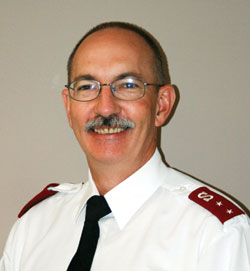
As a hospital chaplain, Captain Stephen Daley is responsible for 109 beds spread out over three floors of the Hôtel-Dieu Grace Hospital in Windsor, Ont., as well as the staff that work there. “They range from acute care to psychiatric cases, long-term care and post-op,” he says.
As a result, he does a little bit of everything, from lending orderlies a hand to troubleshooting computer crashes.
“You try to do every task that God puts before you to the best of your ability,” says Captain Daley.
Captain Daley has found that he is not only there for the patients. He also acts as an intermediary between the patients and their families or hospital staff.
“Each has a different dynamic,” he goes on to say. “Sometimes it is to liaise, sometimes to interpret and advise and sometimes to referee. Faith can be fragile when you are in a hospital, so I try to be a support for all. I think God enables me to be what is needed when it is needed.”
The Interpreter
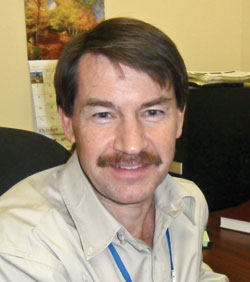
“There's not a lot of churches with waiting lists,” jokes Doug Stringer, chaplain at The Salvation Army's Anchorage Addictions Services at the Ottawa Booth Centre. “As a chaplain, I don't have the stress of trying to get people in the door. On the other hand, I've had to try and present God to people who've had little or no experience of him from any perspective, and in a language that they can understand. It's been a challenge, but I've really enjoyed it.”
While Stringer conducts chapel services and teaches Bible study twice a week, a lot of his time is spent interacting with clients. “We deal with spiritual issues but I also help them try to get some understanding of who God is and how he might relate to their recovery.
“This is a very different context from church work,” he continues. “It's been stretching for me to present God to people who really don't know him or have preconceived notions of the Christian God. They don't get the language. So it's even more invaluable when I can help them figure out who he is, and that's one of the reasons I continue to come back to this facility.”






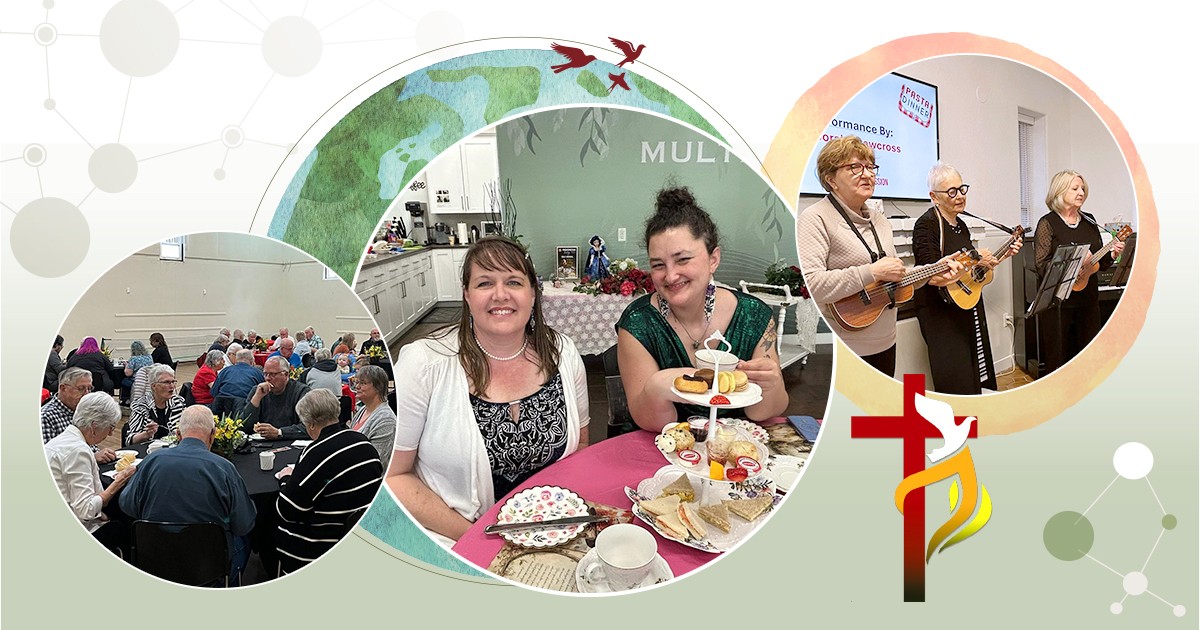
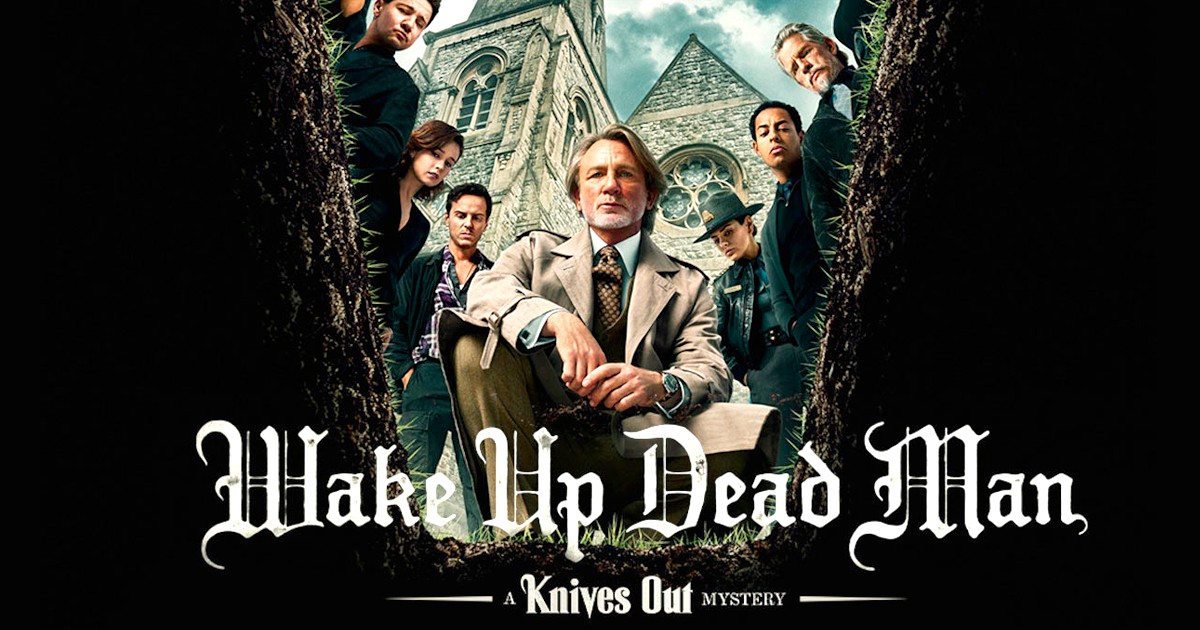


Comment
On Tuesday, March 31, 2015, Todd said:
On Saturday, November 29, 2014, Todd said:
Leave a Comment